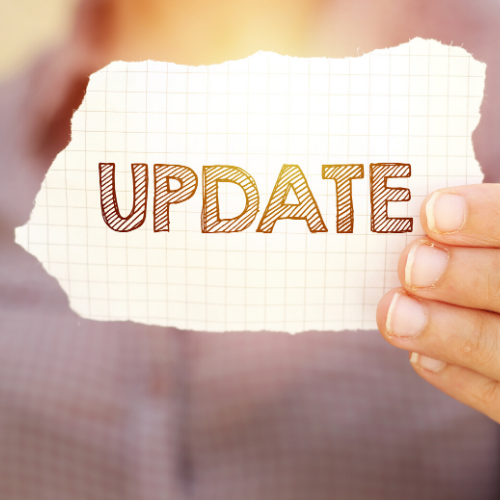 Idaho DEQ is conducting a negotiated rulemaking for an Arsenic Water Quality Standard. Comments on the draft rule are due January 15th.
Idaho DEQ is conducting a negotiated rulemaking for an Arsenic Water Quality Standard. Comments on the draft rule are due January 15th.
The Washington State Department of Ecology will hold an informational meeting on EPA’s Total Maximum Daily Load (TMDL) for Temperature in the Columbia and Lower Snake Rivers on January 28, 2021. EPA published the temperature TMDL in May 2020 and held a 90-day public comment period this past summer. Ecology is responsible for writing Washington’s implementation plan for this TMDL. We would like to meet with interested stakeholders and tribes to introduce the Ecology team who will be working on implementation, give an update on what happened in 2020, and share what we are planning for early stages of implementation in 2021. This meeting is a preliminary, informational meeting. We plan to engage more formally with stakeholders and tribes when EPA reissues an updated TMDL.
Date: January 28, 9:30 to 11 a.m.
Registration: Please register at this link to attend via Webex.
Project webpage for future updates: www.ecology.wa.gov/ColumbiaSnakeTMDL
Washington Department of Ecology DRAFT PFAS Chemical Action Plan (CAP) - Ecology has extended the public comment period from January 4 to January 22. The draft CAP addresses source control, treatment, and other controls for ongoing and legacy contamination in ground, groundwater, and surface waters. Draft PFAS Chemical Action Plan - Washington State Department of Ecology.
On Dec. 20, 2020, Congressional leaders announced an agreement on a roughly $900 billion coronavirus relief and economic aid measure that includes payments to individuals, loans for small businesses, and funds for transportation workers and others. The deal is combined with a wide-ranging $1.4-trillion appropriations package measure to keep government agencies, including their construction programs, operating through Sept. 30, 2021, the end of the current fiscal year.
Congress will provide $638 million towards a new program that will help low-income families cover the costs of their drinking water and wastewater utility bills. This program will provide grants to states and tribes, who in turn will provide funds to owners or operators of public water systems or treatment works to reduce arrearages and rates to low-income households. 3% of the funds will be set aside for tribes.
